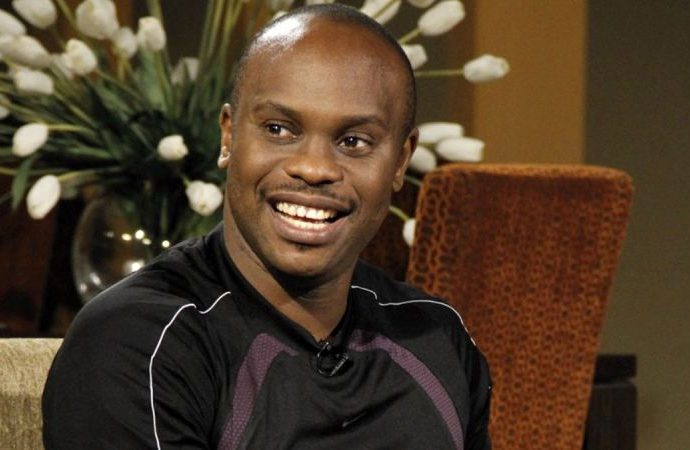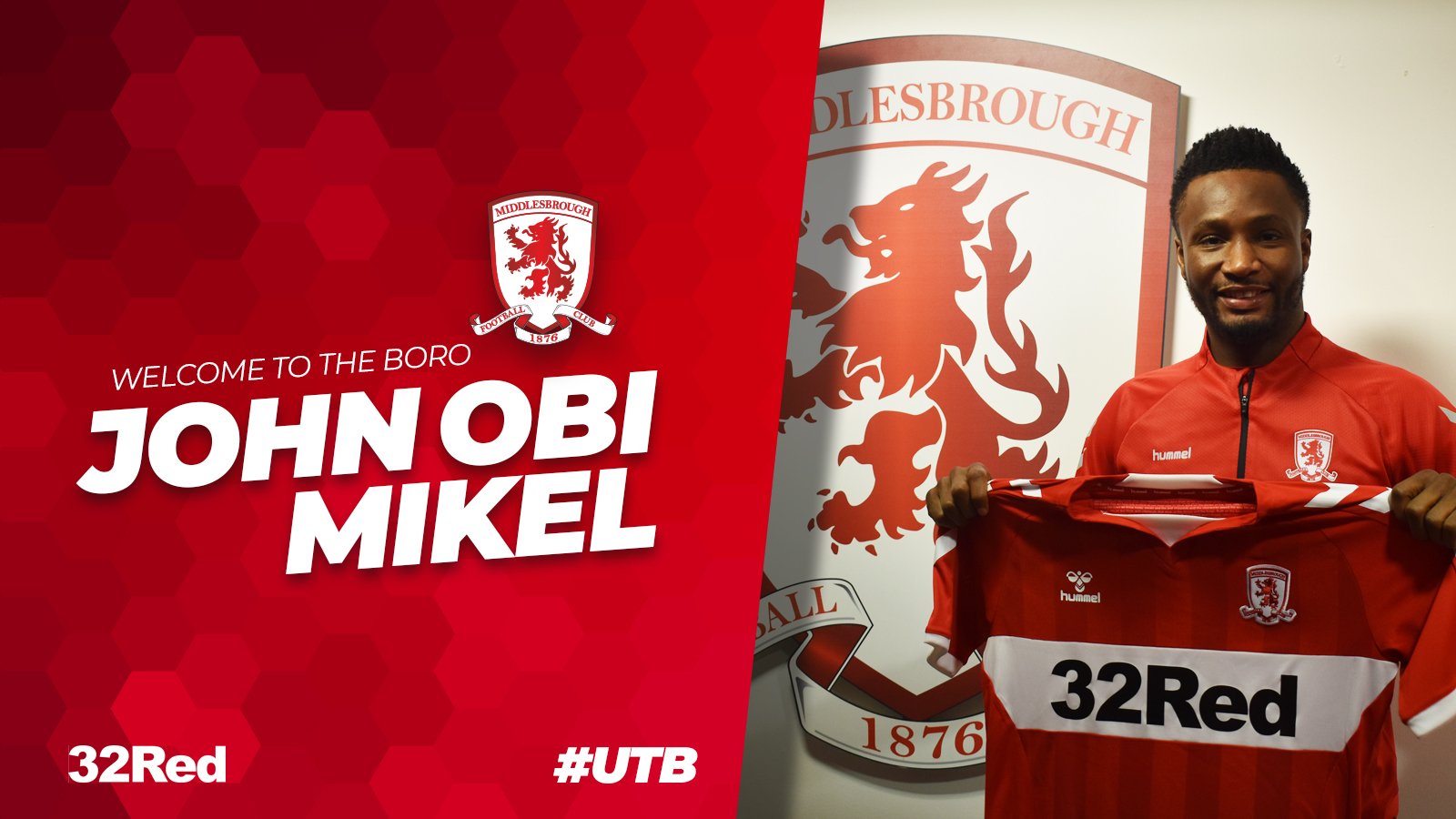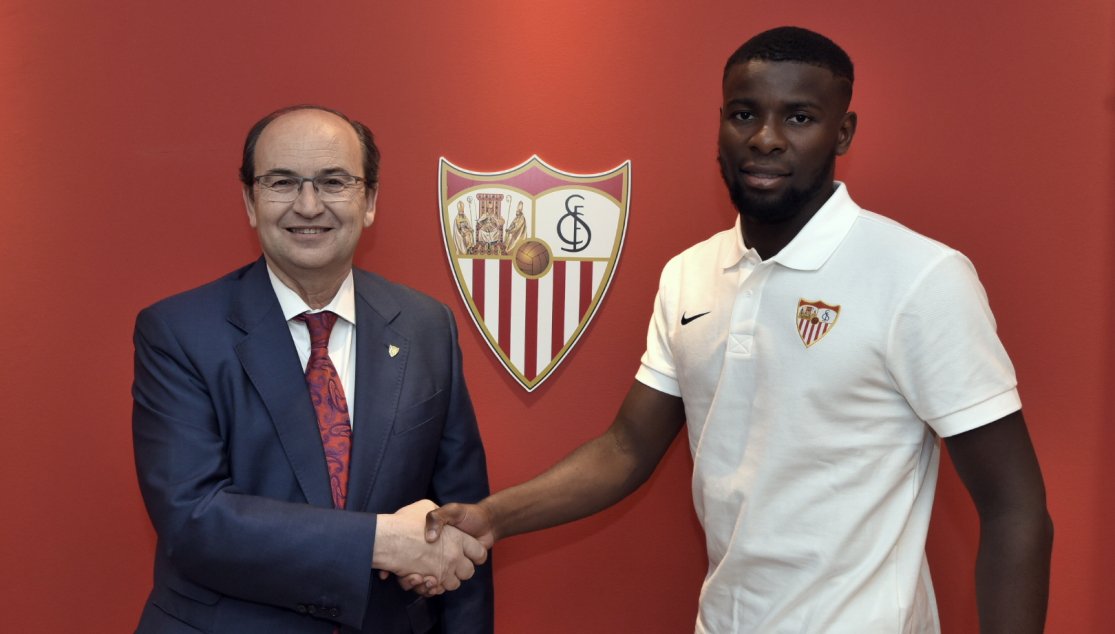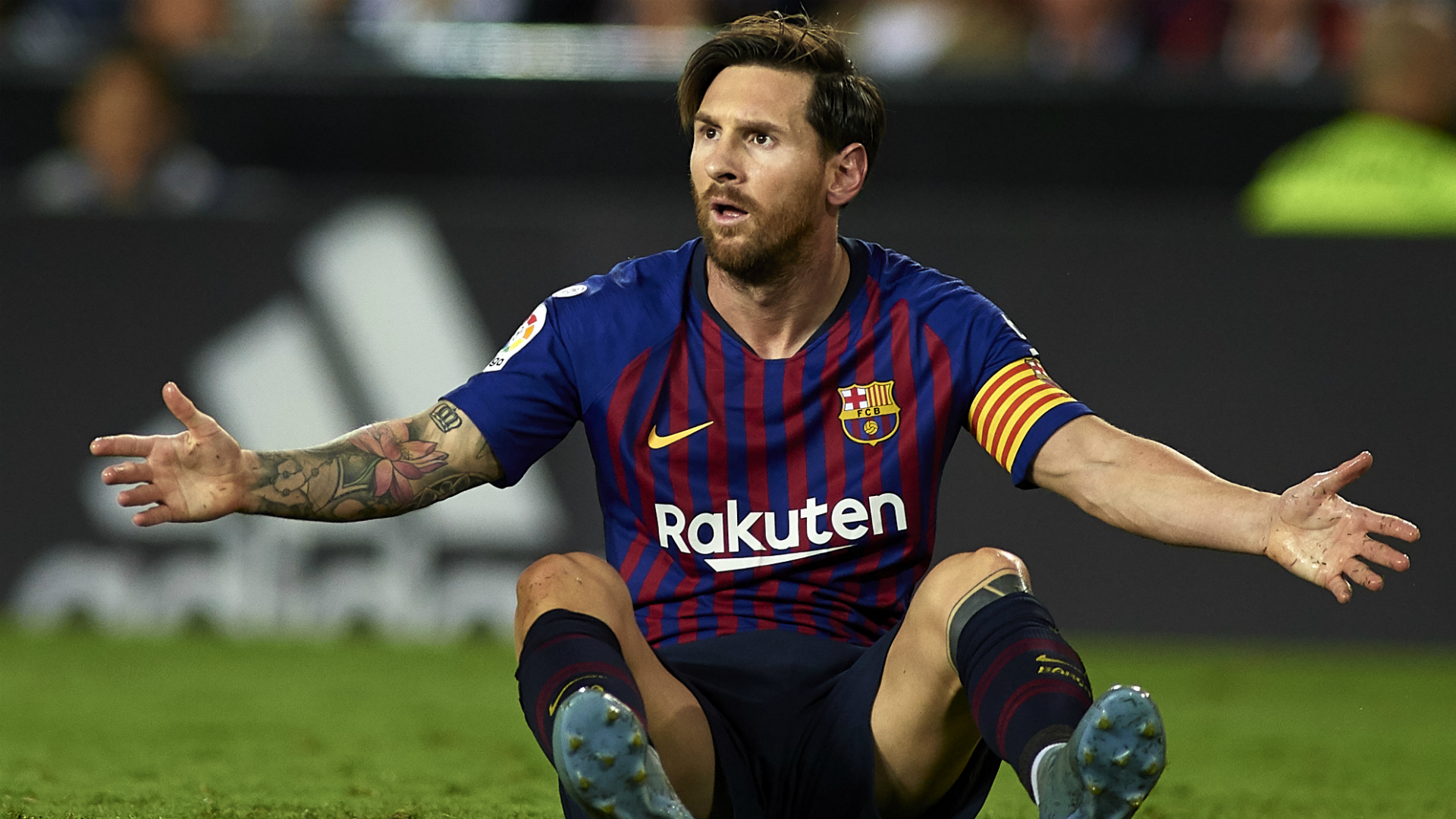
Athletes based in Nigeria need more domestic competitions and much better coaching to be able to replicate the performances of their foreign-based compatriots according to two-time Olympics medallist Enefiok Udo-Obong.
Domestic athletes have long lived under the shadow of their foreign-based counterparts with many only excelling and gaining fame when they leave Nigeria.
The US-based duo of reigning Commonwealth and African 100m hurdles champion Tobi Amusan and Divine Oduduru and Cyprus-based ESE Brume being prime examples.
Oduduru for instance after years of being ridiculed and scrounging for funds in Nigeria moved to the US and has gained global recognition and respect after setting the world’s leading time of 9.94s in the 100m at the Michael Johnson Invitational last year, becoming the first Nigerian to dip beyond the 10s mark since Olusoji Fasuba ran an African Record of 9.85s in 2006.
His 19.76s in the 200m at the same meet also set a new National Record while Amusan became the first Nigerian athlete to qualify for the Tokyo 2020 Olympics with a time of 12.73s set at the IAAF Diamond League in Doha.
Brume, meanwhile, won Nigeria’s only medal at the World Athletics Championships in Doha, Qatar, last year, claiming bronze in the women’s long jump event with a mark of 6.91m.
It is the first time Nigeria has won a medal at the competition since 2013
Udo-Obong, winner of gold and bronze medals in the 4x400m relays at the Sydney and Athens Olympics believes that the significant advantage enjoyed by Nigerian athletes plying their trade beyond the shores of the country is the opportunity they have to compete at a plethora of meets and access to world-class coaching.
“The truth about it is that if you go and talk about Divine [Oduduru] and you ask how many races he has run this year, [he] will tell you he has run about 8 races. How many have the Nigerians run here? You can’t compete that way.
“You run week in week out, competition is the best form of training it gets you into peak performance, it makes you realize your mistakes, it builds confidence so we must compete and we do not have enough competitions in Nigeria. So that’s one problem we have, another one we have is the quality of coaching. We need proper coaching, we need to train our trainers and then obviously too, we must start from the youth ages.”
Access to funding ranks as one of the biggest constraints athletes in Nigeria struggle within their bid to grow their careers, but Udo-Obong who holds an advanced masters degree in Sports Administration and Technology from the prestigious Ecole Polytechnique, Lausanne, Switzerland believes domestic athletes can overcome that obstacle by leveraging on their skills and appeal to make themselves marketable and more attractive to multinational brands and corporate entities.
“Athletes have to change their mentality and that’s why one of the things I’m coaching now to people,” the 36-year-old six-times National Sports Festival (NSF) medallist told busybuddiesng.com.
“It’s a mental mindset and you have to know that you have what it takes and you have a lot of the things the brands want. Everything that are soft skills that an athlete learns – goal setting, targets, strategies, a mindset of winning; an athlete just needs to change those soft skills into saleable skills in a corporate world.
“Once you see an athlete like that and even, he’s still performing, companies can identify their own values in such an athlete and they can sponsor such athletes.”
The Captain of Team Nigeria to the 2002 Commonwealth Games in Manchester also believes that domestic athletes are being held back by administrators who he thinks aren’t embracing modern methods quick enough to match the ambition shown by the athletes.
“[Athletics in Nigeria] could be better; it’s not developing as fast as it should. The administrators are not developing as fast as the athletes are developing but generally, we have to work hard for whatever we get in Nigeria and believe that sooner or later we would get it right.”










